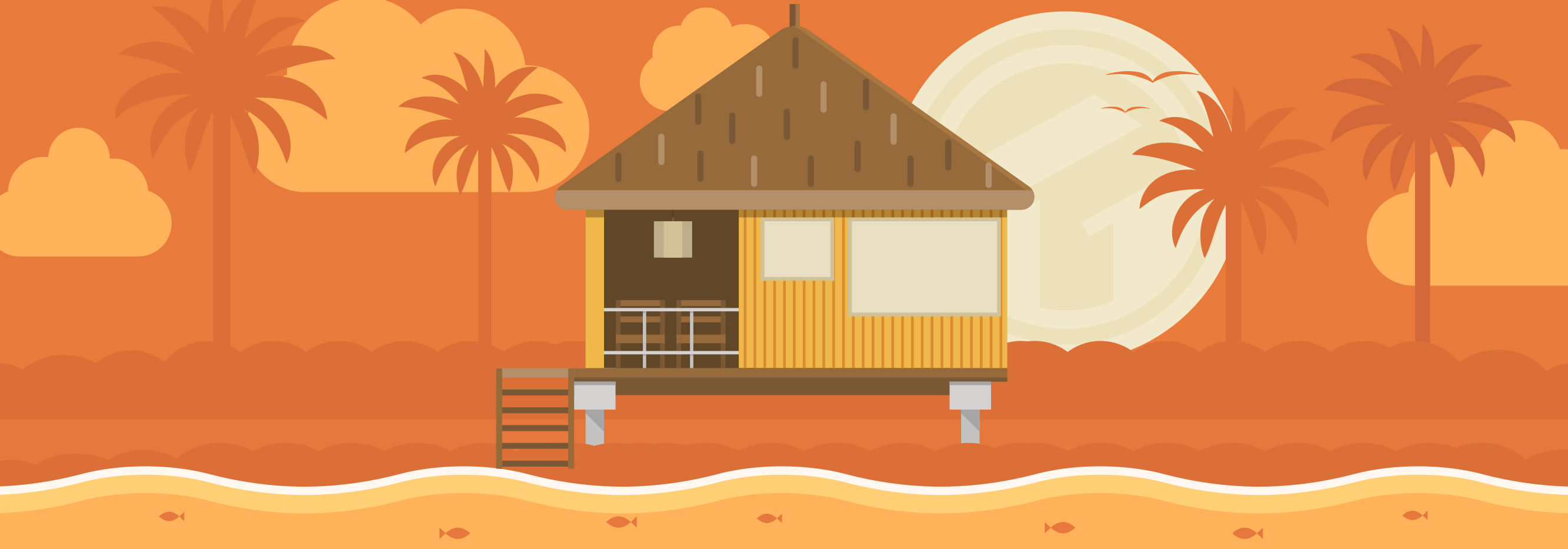Buying a vacation home can be a great investment. Depending on how it is used, there are myriad tax incentives for a second mortgage plus the always-present ability to “bug out” and get away from it all. There may come a day; however, where your client is ready to sell their vacation home, and selling a vacation property can be far different than a primary residence.
This is why we’ll outline how selling a vacation home is different than selling a residence.
1. Property Ownership
Vacation homes can fall into a variety of criteria, but in some cases your client may not be the owner of the property itself. In the event that the “home” you’re selling is a condo or in a community, there may be some additional hurdles to jump.
In that case, you may need to work directly with the ownership company in order to achieve a smooth sales transaction. This may mean adhering to certain selling guidelines, selling during certain seasons of the year, and generally keeping them involved during the sales process.
2. Understand the Tax Burdens
Buying a vacation home as a second mortgage may yield some great tax benefits; however, selling a vacation property may come with its own set of tax disadvantages. In the event that the property in question is designated as a vacation home, then your client should be prepared for the tax hit that may be coming.
Unlike a primary residence, vacation homes are considered investment properties by the IRS. Unless this home falls under the heading of a second residence, any profits from the sale of a vacation home are considered capital gains. With that, your client may be on the hook for a significant chunk of money come tax season.
3. Home Improvements Can Increase a Home’s Basis
Home improvements on a vacation property can help alleviate the tax burden on the profitable sale of a vacation home. Accurate records of work done to improve the home can effectively reduce the profit gleaned from the sale of the home.
The requirement for this to work, however, is for the homeowner to keep very accurate records and make sure they’re legitimate. Major upgrades or renovations should be easy enough to track, but smaller, less noticeable upgrades or mechanical repairs may fall through the cracks. In either case, they’re valuable and important to the final sale.
4. Clean Up Your Vacation Home
Vacation homes can be difficult to sell, especially to folks looking for the perfect landing spot or potentially a place to retire or move permanently. With that said, every detail must be attended to and should be addressed early on in the sales process.
Don’t overlook tedious cleaning, landscaping, and whitewashing for a vacation home. Spending both time and money taking care of these things and making the listing look spotless may make a huge difference in the final sales price as well as how quickly it sells.
5. Don’t Delay Financing
One of the biggest things that can slow down, stall, or even make a real estate deal fall through all together is financing. Making sure that buyers are prepared to buy when the time comes will ensure that you close the sale without a hiccup.
Tidewater Mortgage Services, Inc. has the experience you need to help your vacation home sales go through without a hitch. With offices all across the eastern United States and the Atlantic Seaboard, our loan officers understand what it takes to get a vacation home sold quickly. Call today or apply online and let Tidewater take the lead with your client’s financing!


